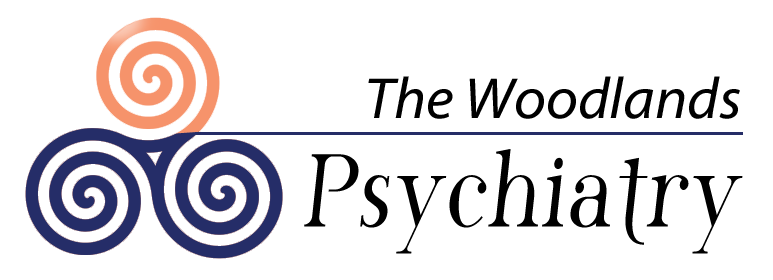The term anxiety is the most frequently googled psychological condition. What is to follow will not be a complete discussion of anxiety, that would be beyond the scope of this short article. Wikipedia and the Mayo Clinic website have fairly good expositions on the subject and could be consulted for more information.
Another way to put the problem would be to say that anxiety is a massive global public health problem that affects many millions of people. It has been estimated that it is the contributing or directly causative factor in about 85% of medical and psychiatric disease. Its manifestations are incredibly manifold, ranging from tension headaches to hypertension, pain syndromes and opioid addictions to autoimmune disorders, gastrointestinal illnesses such as irritable bowel syndrome and some forms of cancer. Recent research suggests that anxiety may represent body/muscle memories of past and usually forgotten traumatic events. I say “forgotten” because the mind may protect itself from the memory of traumatic events with posttraumatic amnesia. That amnesia by its nature cannot be penetrated by efforts of conscious will and can therefore not be resolved by conscious effort, no matter how hard the patient may try to accomplish that.
We’re all familiar with the usual things that people do to combat anxiety . These range from self-medicating strategies with opioids, alcohol, excessive food intake, escapist or risk-taking behaviors for the purposes of distraction, in addition to taking prescribed medications such as antidepressants, sedatives or low dose antipsychotics. None of these approaches aim at resolution but rather at attempts at management. With these attempts the underlying condition becomes chronic.
In psychotherapy and with training in behavioral skills there is a hope, though not a guarantee, that a resolution may be reached. Whether it is or isn’t reached depends on the therapist’s skill and learning potential and motivation of the patient. These approaches that are based on new learning, of which we are all capable of, inject a strong note of hope and optimism. The reason for saying that is that everything that we have learned we can in fact unlearn.
